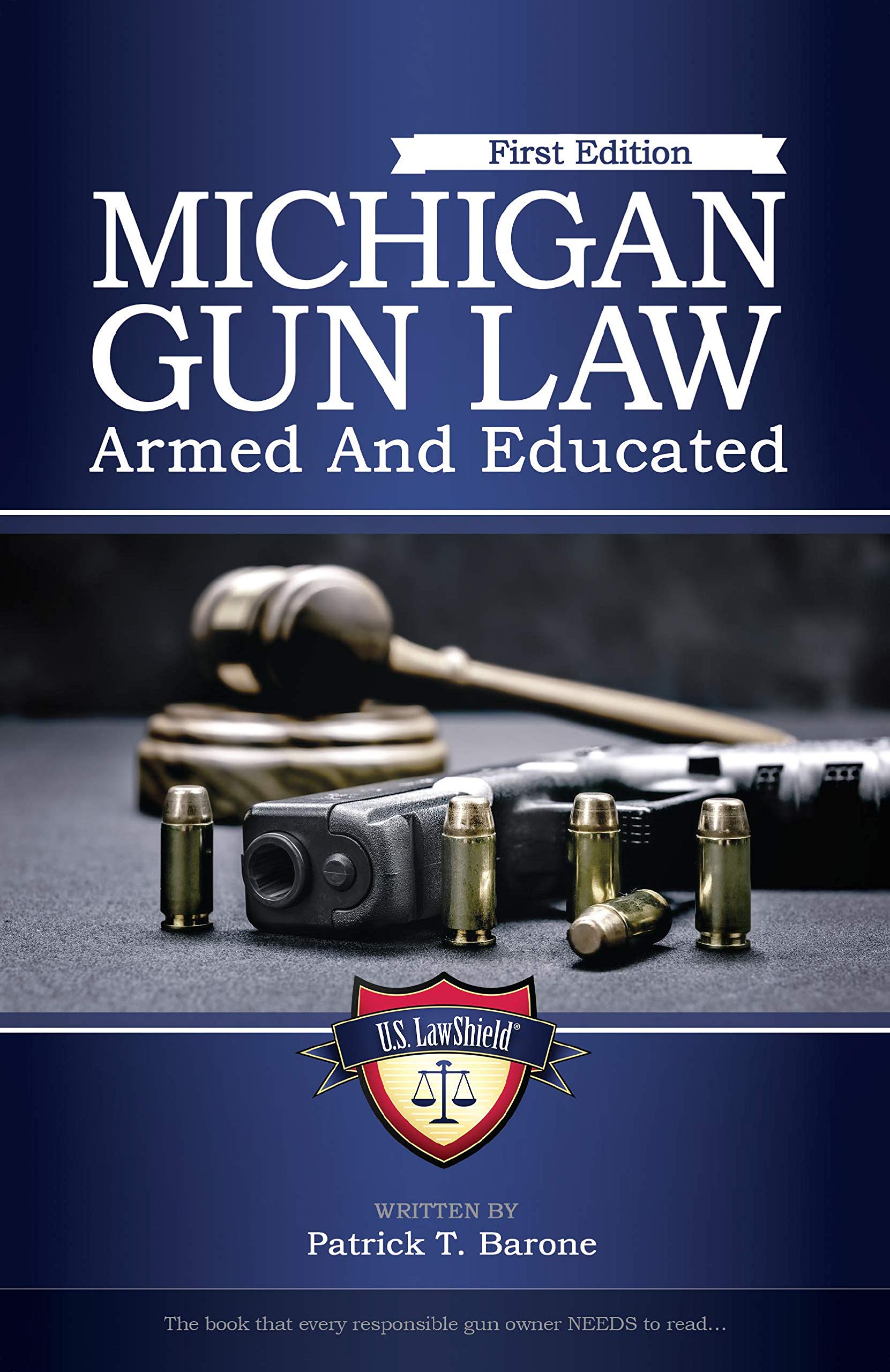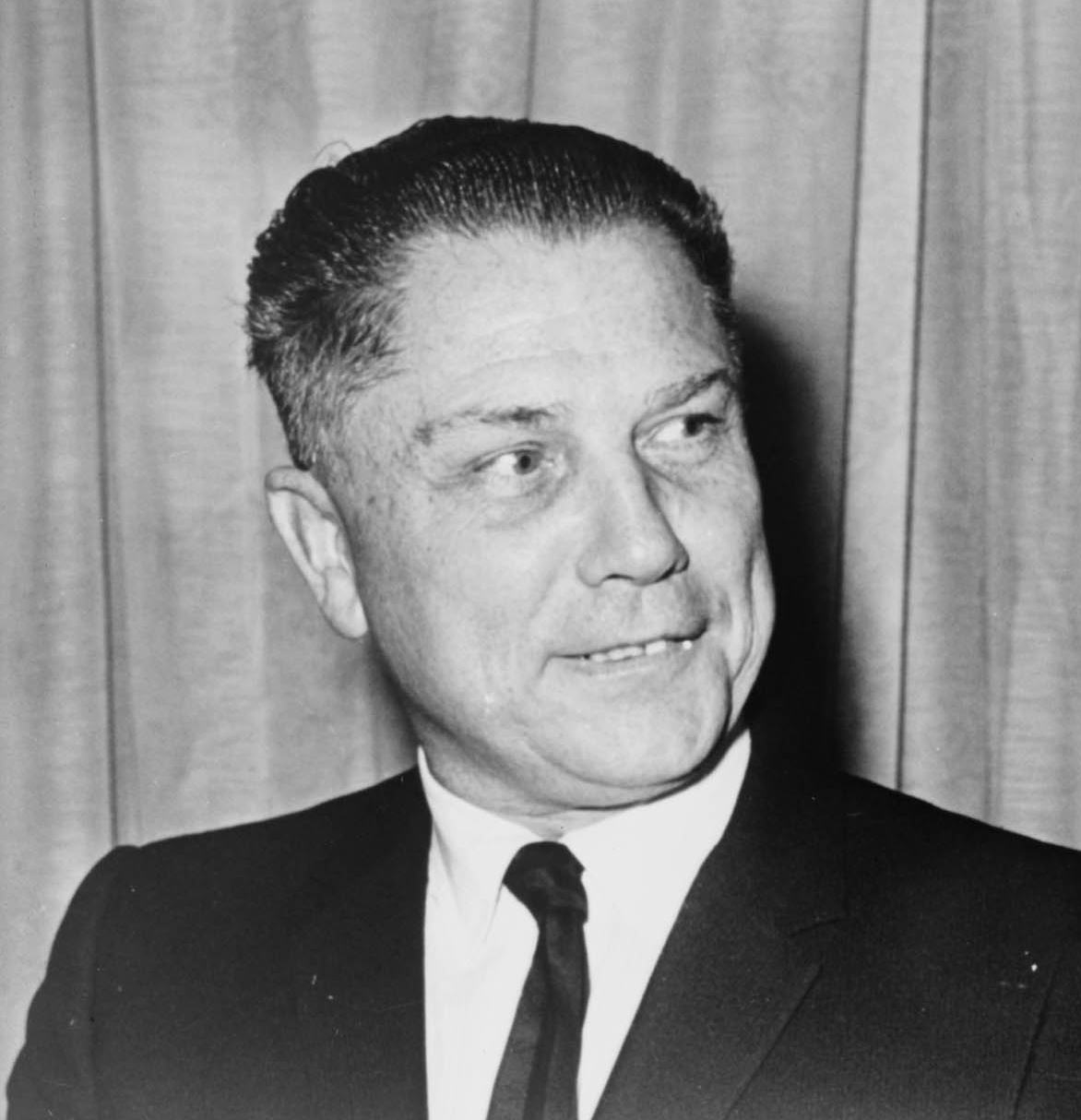Search
New Book Covers Everything You Need to Know about Self-Defense Laws in Michigan

The Barone Defense Firm proudly announces the release of Patrick Barone’s latest book entitled “Michigan Gun Law: Armed and Educated.” Containing all the dos and don’ts of Michigan’s firearms laws, the book’s more than 400 pages and 14 chapters cover the following topics:
- The History of the Right to Bear Arms
- The Law of Purchasing, Transferring and Possessing Firearms
- Michigan’s Law of Self Defense Including Stand Your Ground and Castle Doctrine
- Use of Force Law in Michigan
- Concealed Carry and Open Carry Laws in Michigan
- The Potential Criminal and Civil Liability Involved in Firearms Ownership and Self Defense
The book is written in layman’s terms, yet it contains dozens of legal citations to Michigan’s statutory and common law. Due to its breadth of coverage, Michigan Gun Law is a reliable and authoritative legal compendium that can be used as a reference guide by gun owners and enthusiasts alike. This book is the first of its kind in Michigan and is already the seminal work for all of Michigan’s gun owners.
The book’s author has been a gun owner and enthusiast for more than 35 years and is well-versed in all aspects of this complicated area of Michigan’s jurisprudence. Early in his career as a criminal defense trial lawyer, Mr. Barone gained experience defending a multitude of different crimes involving the alleged unlawful use or possession of firearms. As one of Michigan’s leading experts on intoxicated driving cases, Mr. Barone utilizes his firearms expertise when the citizen-accused’s DUI case also involves the additional complication of firearms possession. While intoxicated driving is briefly covered within the pages of Michigan Gun Law, the primary focus of the book is guiding gun owners in the lawful possession, carrying and use of firearms in self-defense.
 Michigan Criminal Defense Lawyer Blog
Michigan Criminal Defense Lawyer Blog






















